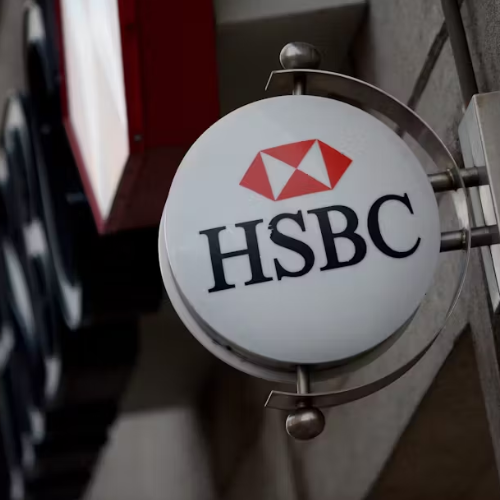A major report from the United States Congress has revealed that one of the world’s biggest banks, HSBC, allowed dangerous criminals to move money through the US financial system. Drug cartels from Mexico and Colombia were able to use HSBC accounts to clean their dirty money—more than $880 million in total. This money came from illegal activities like drug trafficking, which causes huge harm to people and communities across the world.
The case dates back to 2012, when US authorities investigated HSBC’s role in helping criminals move this money. The bank also broke US laws by doing business with countries like Iran, Cuba, Libya, Sudan, and Burma, all of which were under sanctions at the time.
Even though investigators found serious problems, no one at the bank was sent to jail. HSBC paid a $1.92 billion settlement to make the case go away, but the bank didn’t have to admit to doing anything wrong. This left many people shocked and upset, as they believed the punishment did not match the seriousness of the crimes.
Private Bank Edmond de Rothschild Europe Agrees to €25 Million Deal in 1MDB Case
Hidden Pressure from Behind the Scenes
The US report explains that there was pressure coming from other parts of the world to go easy on HSBC. Top officials in the UK, where the bank is based, were very worried. They warned the US that punishing HSBC too harshly could shake up financial markets in Europe and Asia. In simple words, they thought that if HSBC was charged, it might cause panic and money problems around the world.
One UK official even wrote a letter to the head of the US Federal Reserve. The letter said that punishing the bank could lead to “very serious implications” for the global economy. This message seemed to have an impact. The US Department of Justice, which had enough evidence to move forward with charges, decided not to.
Even though some lawyers in the department wanted to take HSBC to court, the top leaders chose a softer path. They feared that a full legal case might hurt the world’s financial system. Internal papers showed that these leaders believed charging the bank could cause a “global financial disaster.”
The Quiet Deal and Its Fallout
The final decision was to settle the case with money instead of criminal charges. The $1.92 billion payment was one of the largest ever, but many saw it as a way for HSBC to buy its way out of trouble. No bank leaders were held personally responsible, and no criminal charges were filed.
Swiss Bank Moves to Shut Down Cuba Based Accounts
This settlement allowed HSBC to keep its license to operate in the US. If the bank had been found guilty of money laundering, it could have lost the right to do business in America—a major blow for any international bank. Instead, the deal meant the case would not go to court, and there would be no official guilty verdict.
The deal led to anger from lawmakers and the public. Some called it unfair and said it showed that big banks were being treated differently from regular people. The report also pointed out that leaders in the US government gave Congress the wrong impression about what really happened during the case.
Even with all the public attention, HSBC, US government officials, and the UK Treasury refused to make any comments about the report or their roles in the matter. This silence only added to people’s frustration.
In the end, a massive case involving crime, banks, and global power players was closed quietly—with no one behind bars.


